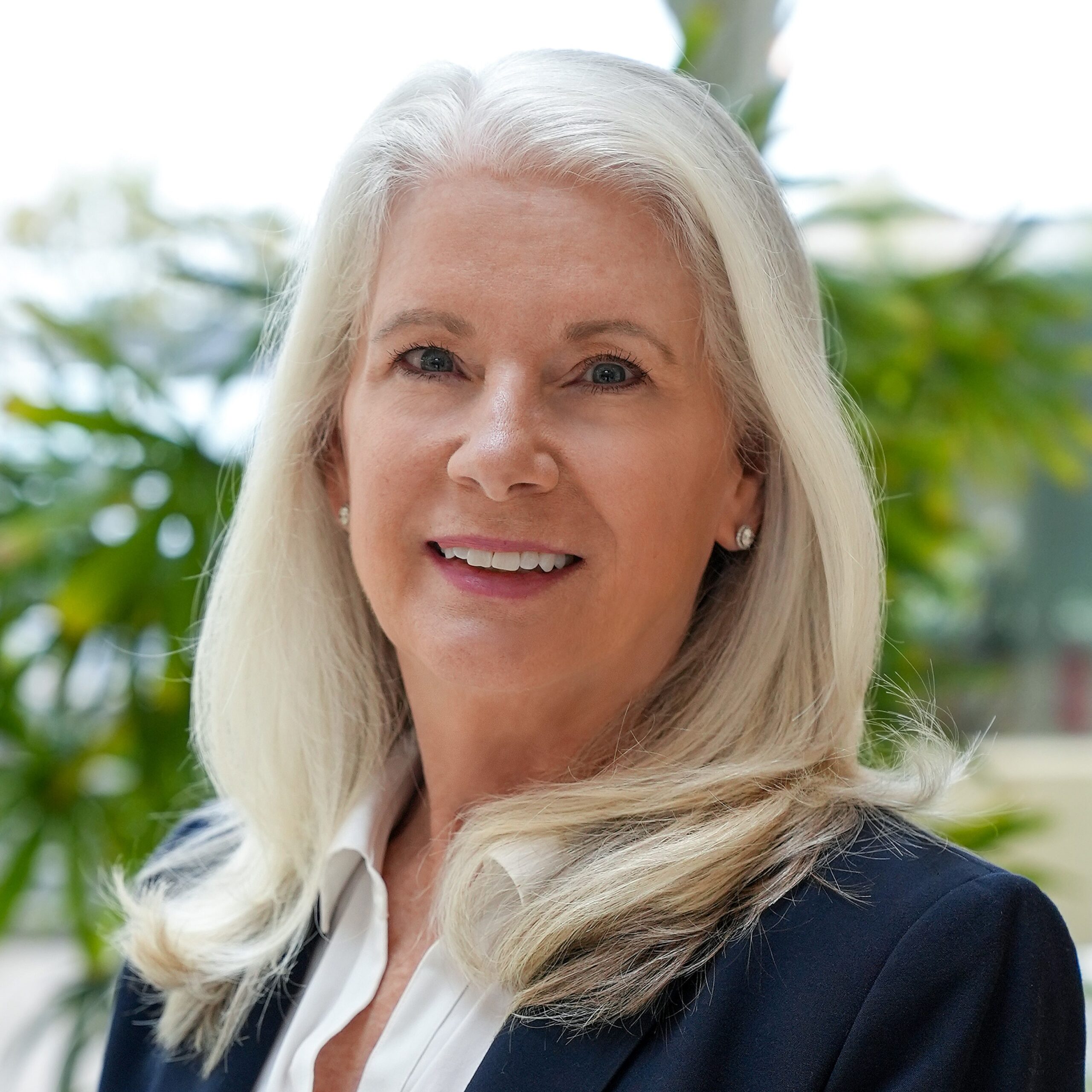Questions to ask and staying EEOC compliant throughout the physician interview process.
New interviewing laws and restrictions are sprouting up from California to New York, affecting the way we conduct physician interviews and the physician hiring process. With healthcare – just like any industry – it’s important to stay EEOC-compliant when interviewing physician candidates. That’s why Jackson and Coker has compiled a complete guide to interviewing physicians.

What is the salary history ban?
AB 168 went into effect on January 1, 2018, in California. This addition to the labor code impacts an employer’s hiring process in the following ways:
- You can’t ask for a candidate’s salary history or seek it out from an agent.
- You can’t use salary history to decide whether or not to offer the candidate a job or to determine his/her salary offer.
- With reasonable request, you must provide a pay scale for the candidate.
However, a candidate can voluntarily disclose salary history if they so desire, and then salary information can be used when considering the person for the job.
The salary history ban is designed to promote pay equality. For instance, a woman may have been paid a low or unfair rate early on, leading to being perpetually underpaid throughout her career.
Female physicians earn an average of 74 cents for every dollar a male physician makes, according to a report by Doximity, a physician-networking site. In fact, men earn more than women in every physician specialty.
Who does the salary history ban affect?
Asking for salary history is illegal in the following cities and states:
- California, as of January 2018.
- Delaware, as of December 2017.
- Massachusetts, effective in July 2018.
- New Orleans, for all city departments and contractors who work for the city.
- New York City, as of October 2017.
- Oregon, effective early 2019.
- Pittsburgh, for city agencies.
- Puerto Rico, as of March 2018.
Additionally, some businesses have also enacted new policies banning salary questions during interviews, such as:
- Bank of America.
- Wells Fargo.
- Amazon.
Businesses that have locations in multiple states are finding it easier to make salary ban policies company-wide to take the guesswork out of when and where salary questions can be asked.

Unless you have a team of people who can be tracking this, even on a daily basis, you could find yourself violating a law where you didn’t even know a law existed.
Cheryl Pinarchick of law firm, Fisher Phillips told the Washington Post.
How do I stay compliant when I conduct physician interviews?
The Civil Rights Act established the Equal Employment Opportunity Commission to help protect American employees from employment discrimination. Title VII protects against employment discrimination on the basis of race, color, religion, national origin or sex. Later, Title VII was amended to protect workers from discrimination because of pregnancy, childbirth or a medical condition related to the two.
The Age Discrimination in Employment Act protects people aged 40 or older from discrimination based on age. The Americans with Disabilities Act makes it illegal to discriminate against a qualified person with a disability. And the Genetic Information Act makes it illegal to discriminate against applicants based on the genetic information of individuals or their family members.
The best way to avoid the possibility of asking an illegal question during a physician interview is to avoid these topics all together. Instead, focus on the skills and traits the physician will need to succeed in your organization.
Sometimes a candidate will purposefully or inadvertently volunteer this information. It’s best to steer the interview back to the job and avoid asking additional questions on that topic.
Remember these same guidelines when contacting a physician’s former employers or references. If you can’t ask the candidate, you can’t ask anyone else either.
What questions should you avoid when interviewing physicians?
- How much did you make at your last job? Instead ask: Does the rate/salary we’re offering align with what you were hoping to make?
- Do you have any disabilities? Instead ask: Are you able to carry out the essential duties of this role?
- Have you ever been treated for a drug or alcohol addiction? Instead ask: Do you or have you ever used illegal drugs?
- How old are you? Instead ask: Are you able to use an EMR for record-keeping?
- Do you have kids? Who watches your kids during the day? Instead ask: Would you be able to work the hours of 9 a.m. to 5 p.m.?
Avoid these entirely:
- Do you have [insert disease/condition here]?
- What would you do if you got pregnant?
- What is your heritage?
- What religious holidays do you observe?
- How much longer do you plan to work before retirement?
- What is your financial status? Are you in debt? Do you receive social security benefits?
Don’t let the legal red tape scare you off. Focus on the job opening and how the candidate fits into that role.
How should you interview potential employees?
Start by creating a persona of what the ideal candidate for the physician position would look like. Get buy-ins from those who will be managing or working directly with this person.
Know your community. Refer to your needs assessment and countyhealthrankings.org to identify specific expertise you need from your providers. How can you fill the care gaps in your location to better serve your patient population?
Physician CV red flags.
Watch out for these when you review your candidates’ CVs:
- Missing dates or gaps in training or practice.
- Discrepancies between the CV and information verified by your vetting team.
- Interruption of training.
- Excessive liability history, whether in number of claims filed or judgments awarded.
- Physician indicates “active” hospital staff privileges but that facility has the physician listed as “consulting, without admitting privileges” or “courtesy only.”
- Suspension, reprimand, revocation or challenge to state license, state controlled substance license or DEA.
- History of liability coverage canceled or frequent changes in insurers.
- Incomplete or vague peer references.
- References and verification letters that don’t reveal disciplinary actions or lack thereof.
What qualities should I look for in physicians?
Think about employees who have been successful with your organization. What skills do they have? What are their personalities like? What’s the current culture of the organization? This process will help you evaluate candidates beyond their CVs.
Some qualities to consider include:
- Knowledge and skillset to perform.
- Certifications applicable to the role.
- Good communication skills.
- Ability to work with a team and independently.
- Integrity and honesty.
- Confidence and humility.
- Computer literacy and ability to use an EMR.
- Desire to learn new things and stay current on latest information.
- Solid record of quality patient care.
Your patients’ health is the most critical thing to consider when you hire a physician. For your first round of interviews, consider a phone or video chat interview in order to get a quick look at a candidate before flying him or her in from out of state. This is a time for you to vet the candidate and get a general sense of his or her demeanor and experience.
Here are the basic qualifying questions you need to ask in the first interview:
- Are you a U.S. citizen?
- When was your last patient contact?
- Do you have any current state licenses? Expired licenses?
- Do you have a current DEA?
- Have you ever had your medical license, DEA, clinical privileges, medical staff, institutional affiliation or society membership denied, suspended or revoked?
- Do you have a history of chemical dependency or substance abuse?
- Have you ever had malpractice claims, suits, or judgments against you?
- Do you currently have any pending claims or suits?
- Have you ever been denied for malpractice insurance?
- Have you ever been convicted of a crime?
What questions should I ask physicians in the on-site interview?
Once you narrow your candidates, you can move on to more in-depth interviews. Now’s the time to get to know the candidates on a more personal level so you can hire the right cultural fit for your organization.
Here are open-ended questions and topics to lead your conversation and reveal a better understanding of the person behind the CV:
- Why did you get into medicine?
- Tell me about a time you handled a very upset patient.
- Tell me about a time you misdiagnosed a patient and what you did to fix it.
- How do you gain patients’ trust?
- How would you deliver bad news to a patient?
- How do you feel about pharmaceutical reps?
Consult with the department that will be working with this physician. You’ll also want to give the department head a chance to meet with the candidate. These people will likely have a good understanding of what skills and personality traits the team needs. Giving your team the chance to evaluate a candidate will help ensure a good culture fit for both your organization and the incoming physician.
Remember to elaborate on your organization’s culture and your challenges and successes. How would the candidate enhance your business? Would this person be integral in helping you meet your goals?
Use this guide when you interview a physician – but remember, every organization is unique and has different needs. By focusing on qualifying preliminary candidates, getting to know later-stage clients on a personal level, and staying compliant with modern employment laws, you can find a physician who fills your role while providing great care to your patient population.
Jackson and Coker can help you take the headache out of physician interviewing by offering you top providers for your open positions. We do the candidate search, vetting and primary verification for you to shorten and streamline the hiring process.
Project the revenue locum tenens staffing can bring your facility.
Use our customized calculator to discover how incorporating locums into your staffing mix can increase revenue.


